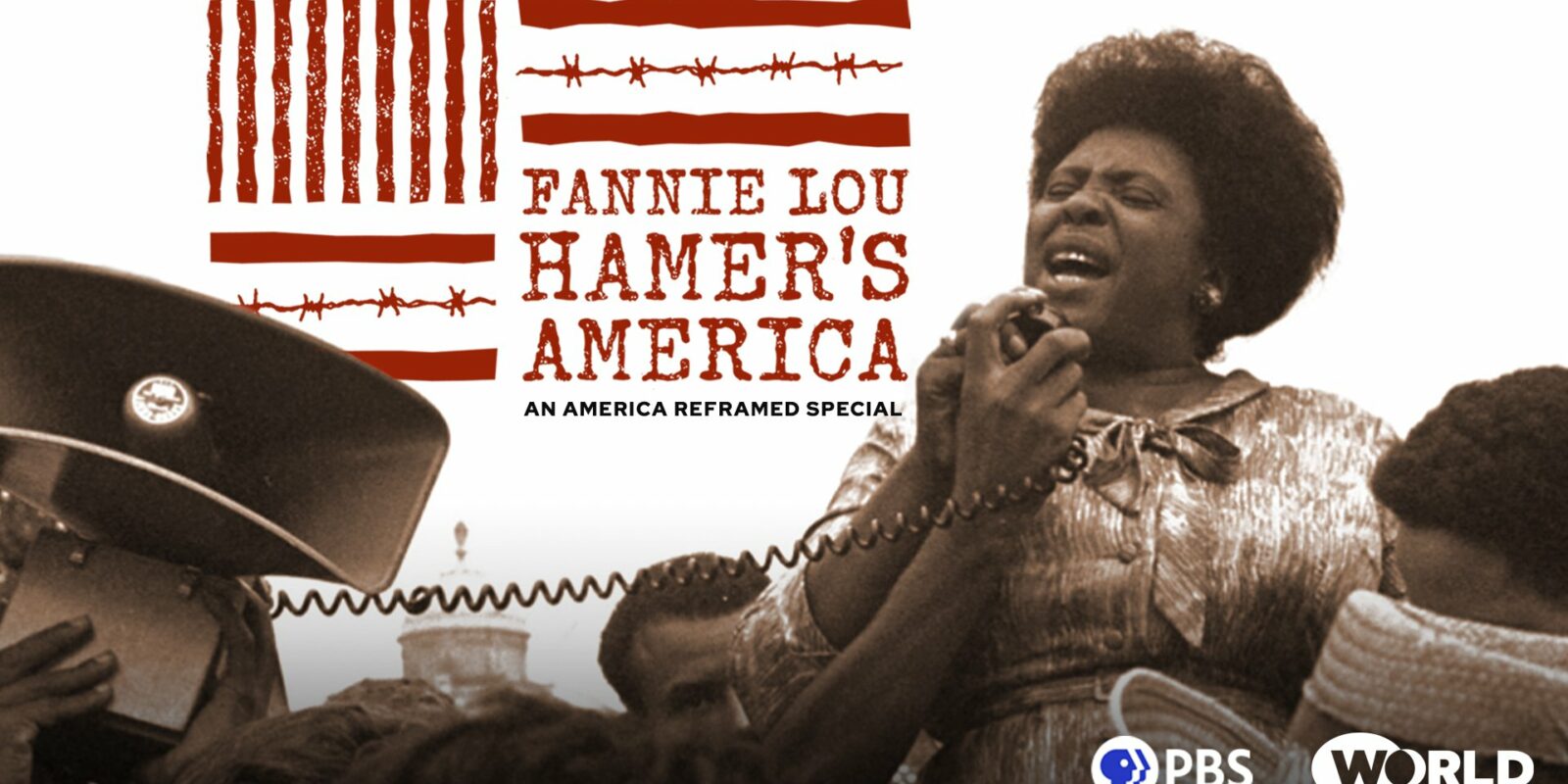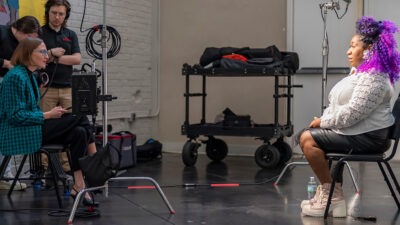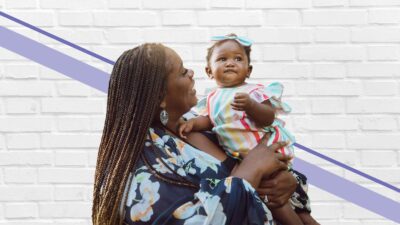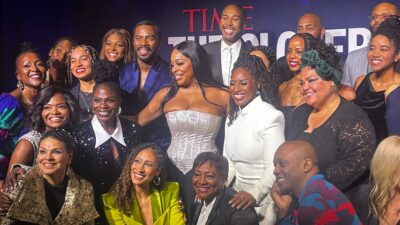The W.K. Kellogg Foundation is proud to have supported this year’s International Documentary Association (IDA) award for Best TV Documentary or Mini-Series: Fannie Lou Hamer’s America: an America Reframed Special. The IDA awards took place on December 10, 2022, in advance of the documentary’s public release on February 22, 2023.
The documentary, nearly 20 years in the making, profiles the life and impact of one of the most influential Civil Rights leaders in American history. Mrs. Fannie Lou Hamer was born in 1917 in Mississippi to sharecroppers. She had to leave formal schooling at age 12 to pick cotton full time to help support her family. She would continue working the same land well into her 40s, picking up to 300 pounds per day before moving to record-keeping duties. Her experience growing up in the Mississippi Delta was central to her activism later in life. According to the film’s director and editor, Joy Davenport: “She knew hunger, and her children knew hunger, and if she could say anything about it, she would make sure that no one, no child, would ever have to feel that hunger again, period.”
In 1962, Hamer and 17 other Black residents attempted to register to vote. Seen as an act of defiance, the students were met with legally-sanctioned barriers followed by life-threatening violence. Hamer soon became involved with the Student Nonviolent Coordinating Committee (SNCC) and the Southern Christian Leadership Conference (SCLC). In 1964, she helped co-found the Mississippi Freedom Democratic Party (MFDP), a counter to the state’s Democratic Party which refused to include Black delegates. In 1968, Hamer and her fellow MFDP delegates forced the national Democratic party to change its bylaws to require equal representation from each state delegation. This led to the seating of the MFDP at the convention, a significant Civil Rights win; Hamer later ran for U.S. Senate.
Monica Land, the film’s executive producer and Hamer’s great-niece, wanted to show a more personal side to the Civil Rights leader. “You always saw this very passionate, strong person, but there was a whole other side to her. She had a very wicked, bizarre sense of humor. She was crack-down, holding-your-sides funny. And that’s something a lot of people don’t see when they see that emotional testimony,” Land said.
The film also touches on personal trauma Hamer experienced. In 1961, while undergoing surgery to remove a uterine tumor, a White doctor performed a hysterectomy on her without her knowledge or consent. This was a common procedure at the time – forcibly sterilizing people deemed by those in power to be “unfit” to bear children, including poor Black women. Hamer and her husband Perry later adopted four daughters and frequently welcomed others into their home. As field secretary for SNCC, Hamer was surrounded by young people eager to make change, and she served as a warm and loving motherly figure to many.
To complement the film, the production team created a website of resources about Hamer’s life and work, including video clips of the documentary, biographies of the film crew and an online museum showcasing artifacts from her life. There also is a recorded online panel discussion with the film’s makers, other experts and family members discussing Hamer’s influence and impact still today.
In accepting the IDA Documentary Award for Best TV Documentary or Mini-Series, Land summed up the film crew’s sentiments: “Thank you for seeing what we saw, that my Aunt Fanny Lou’s story was simply remarkable and that she needed to be heard. She needed to tell it.”








Comments